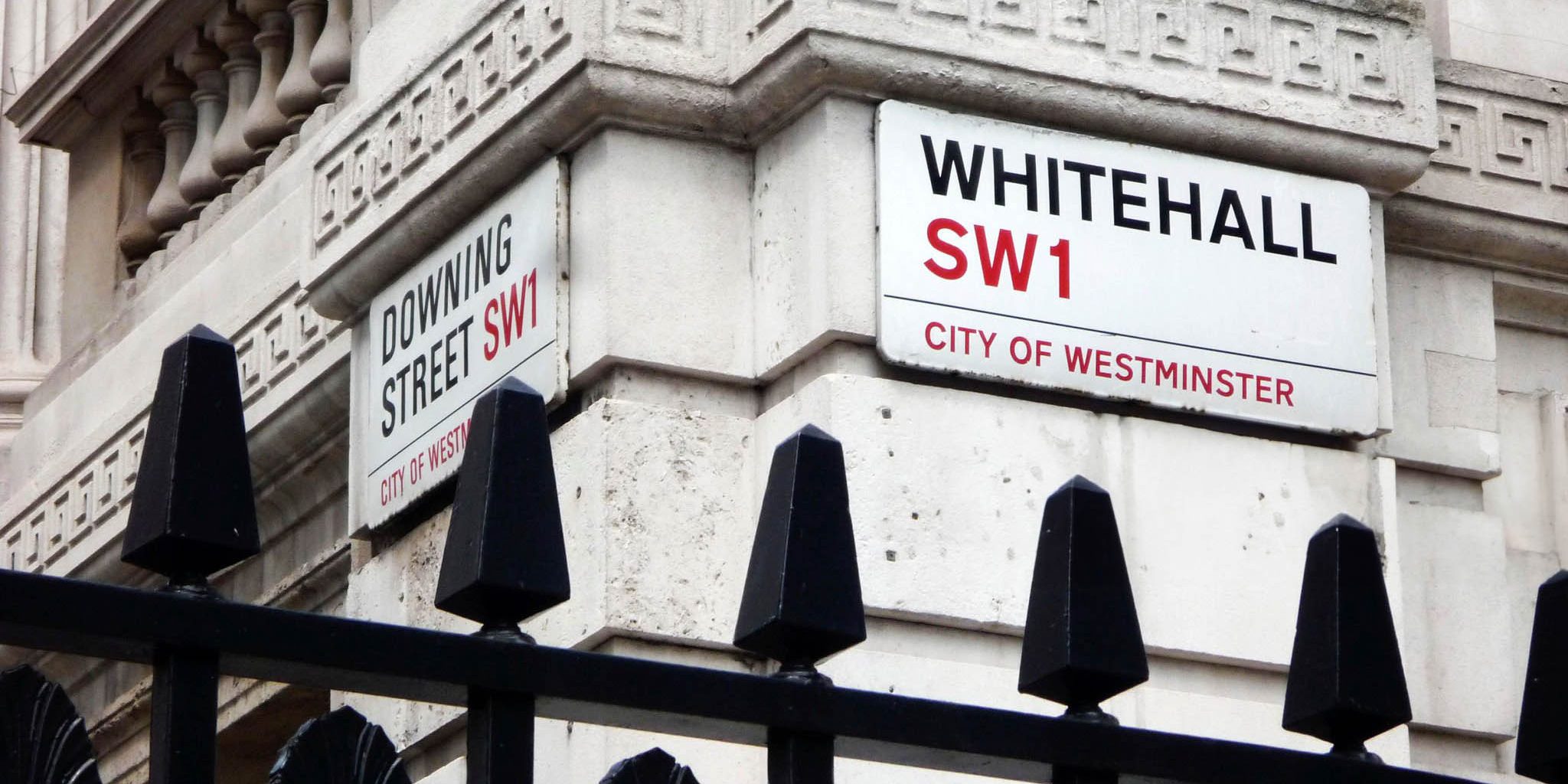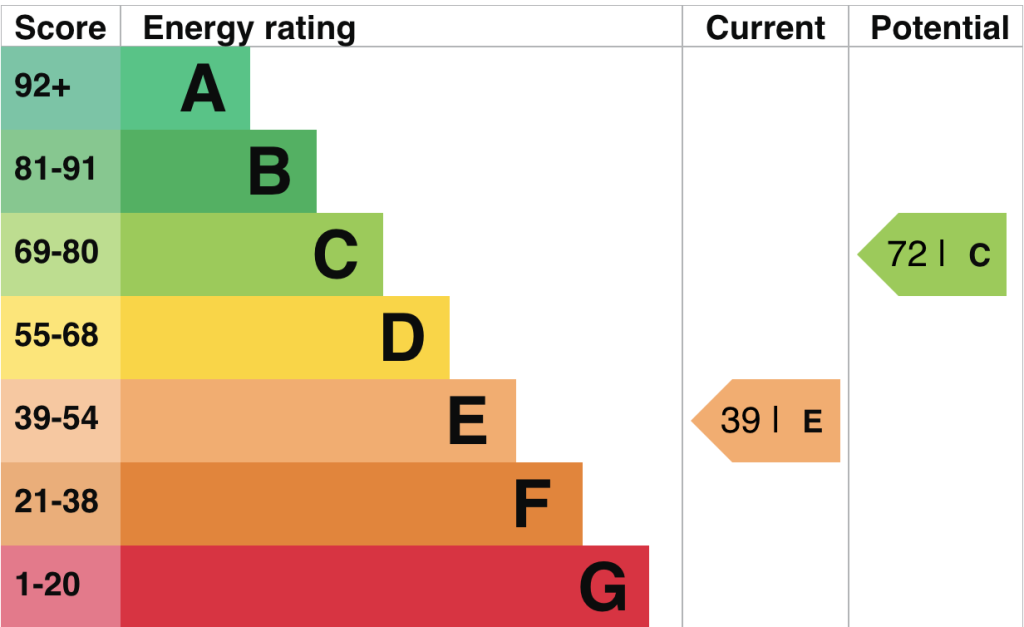The housing construction industry in the UK is currently undergoing significant changes, driven by government policies aimed at improving energy efficiency, sustainability, and overall building standards. For homeowners, particularly those considering changes or upgrades to their windows and doors, it’s crucial to understand the impact of these policies. This understanding will help homeowners make informed decisions about their doors and windows. This article will explore the key government policies influencing housing construction this year and beyond into 2025, specifically focusing on their impact on doors and windows.
Building Regulations Part L: Energy Efficiency Standards
One of the most significant policies shaping housing construction is the Building Regulations Part L, which focuses on the energy efficiency of buildings. In 2022, the government introduced a stricter version of these regulations, intending to reduce carbon emissions by 31% for new homes. As of 2024, these standards are continuing to evolve, with further updates expected in 2025 to align with the UK’s net zero goals.
For homeowners, this means that any changes to doors and windows, particularly when upgrading, must meet stricter energy efficiency requirements. Windows and doors now need to have better thermal performance to reduce heat loss, which is measured by their U-value. The lower the U-value, the better the window or door is at insulating the home. In 2025, it’s expected that these standards will be tightened even further, meaning that investing in high-performance double or triple-glazing now could be a wise move to future-proof your home.
Key Considerations for Homeowners:
- Ensure new windows have low U-values, ideally below 1.2 W/m²K
- Look for doors that meet Part L requirements, particularly for thermal efficiency
- Consider installing argon-filled double or triple glazing to improve energy performance
The Future Homes and Buildings Standard 2025
The Future Homes and Buildings Standard (FHBS) is set to come into effect in 2025, mandating that all new homes must be designed to be zero-carbon ready. For existing homeowners looking to upgrade their properties, this policy highlights the importance of choosing energy-efficient products that will comply with future standards.
One of the key areas impacted by this policy is the design and installation of windows and doors. The FHBS will likely require improved insulation and air-tightness, which means homeowners should be investing in high-quality materials that ensure their homes are well-sealed and energy-efficient.
What Homeowners Can Do Now:
- Choose windows and doors with excellent insulation properties
- Opt for materials like uPVC, aluminium, or composite doors that are durable, energy-efficient, and future-proof
- Upgrade to airtight frames and use low-emissivity coatings to improve thermal performance
Sustainability Goals and the Green Homes Grant
Although the Green Homes Grant was scrapped in 2021, sustainability remains at the forefront of government policy. The focus on reducing carbon emissions is influencing many aspects of housing construction, including the materials used for windows and doors. Homeowners are being encouraged to install sustainable materials such as timber or recycled aluminium. While government grants for these upgrades have been reduced, future initiatives may reintroduce support for energy-saving home improvements as the UK pushes towards its 2050 net zero target.
Sustainable Options for Homeowners:
- Install sustainably sourced timber windows and doors, which provide excellent insulation and a lower carbon footprint
- Look for manufacturers who use recycled materials, particularly for aluminium frames
- Consider windows with solar control glass to reduce heat gain and improve energy efficiency during summer months
Ventilation and Indoor Air Quality: Part F Regulations
Another crucial update to building regulations is Part F, which addresses ventilation and indoor air quality. As homes become more airtight to improve energy efficiency, maintaining proper ventilation is essential to prevent dampness and mould. This has led to an increasing focus on integrating trickle vents into window designs, ensuring that homes can breathe while still meeting energy efficiency standards.
For homeowners upgrading windows, incorporating ventilation solutions like trickle vents or automated ventilation systems will ensure that their homes remain compliant with current regulations and maintain good air quality.
Homeowner Tips:
- Ensure new windows are fitted with trickle vents to maintain air quality
- Consider installing smart ventilation systems that can be controlled automatically to optimise airflow
- Look for windows and doors that offer integrated ventilation while maintaining energy efficiency
Energy Performance Certificates (EPC) Requirements
The government is tightening regulations around Energy Performance Certificates (EPCs), aiming to make homes more energy-efficient. By 2025, the minimum EPC rating required for rental properties will likely be raised to C, and similar measures may be applied to privately owned homes in the future. This has direct implications for homeowners considering replacing their doors and windows. To improve your home’s EPC rating, installing energy-efficient doors and windows is one of the most effective ways to reduce energy consumption and increase the value of your property.
How Homeowners Can Benefit:
- Replacing single-glazed windows with energy-efficient double or triple-glazing can significantly improve an EPC rating
- Look for EPC-friendly upgrades such as energy-efficient doors and insulated window frames
- Consider upgrading windows with low U-value glass and thermally broken frames to boost overall energy performance
As we move further into 2024 and look ahead to 2025, UK government policies are playing an increasingly important role in shaping the housing construction industry. Homeowners need to stay ahead of these changes, particularly when upgrading doors and windows. By investing in energy-efficient materials, ensuring compliance with evolving regulations, and embracing sustainable design, homeowners can future-proof their properties and contribute to the UK’s ambitious carbon reduction goals.
Whether you’re replacing windows to meet Building Regulations Part L, installing new doors in line with the Future Homes Standard, or upgrading your home to improve its EPC rating, making informed decisions now will save time and money in the long term. Our advice, keep an eye on upcoming changes and consult with professionals such as Wandsworth Sash Windows to ensure your home stays compliant and energy-efficient.
Upgrading your windows or doors
Are you looking to upgrade your windows or doors? Contact us for our replacement window or door service. Our team is ready to guide you through the process and discuss the perfect options for your home!


